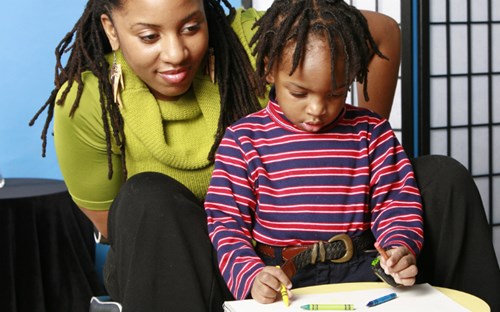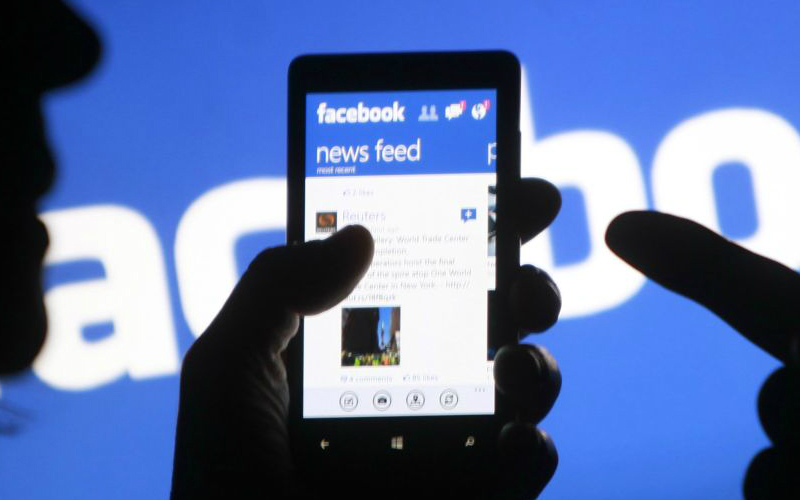The Institute for Family Studies was talking to parents about their core issues, marriage, fertility, child rearing, the dangers of cohabitation, and the concern they were hearing over and over again is protecting their kids from online threats and addiction. 
Executive Director Michael Toscano says the group came up with model legislation that includes five safeguards.
“The first one is basically age verification. Check ID's. How old are they? In addition to that the model calls for effective parental oversight.”
The model also includes requiring parental permission for minors, the ability to shut down the platforms overnight and allowing social media companies to be sued from the harm that comes from their misuse.
“The state of Utah was inspired by our paper and passed a law, and then about another eight additional states have since followed suit,” Toscano said.
The fingerprints of addiction
The federal government’s National Institutes of Health sees a strong connection between time spent on social media and a number of negative outcomes for children and teens.

The NIH lists depression, decreased academic performance, dissatisfaction with body images, eating disorders and risky behaviors as unintended consequences of too much time with social media.
Social media posts too often encourage adolescents to compare themselves to their peers. That often leads to problems, NIH reports.
There are many potential pitfalls, but the allure is strong, not only for children and teens.
Toscano says addiction to social media or just screen time on phones can be a problem for parents as well. As with any addiction, accountability is the key.
“So the best way to do it is probably to find someone to have accountability with, to make a pact as a group, as a set of families or between dads or between moms or between spouses, that we're going to do this together.”
Calling on churches
Toscano is looking for one more partner in the fight. He would like to see more churches respond with organized efforts to help guide young people through their social media experiences.
“I think we need to really start developing a kind of institutional presence in our churches, what is the equivalent of AA for people that are addicted to social media.”







